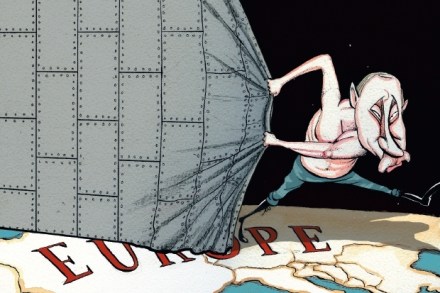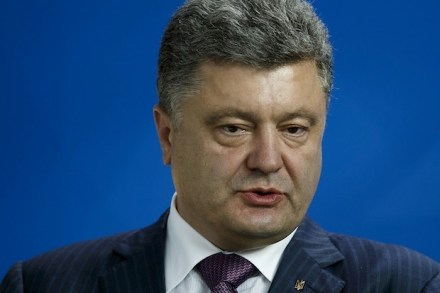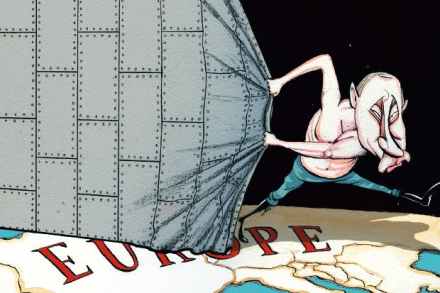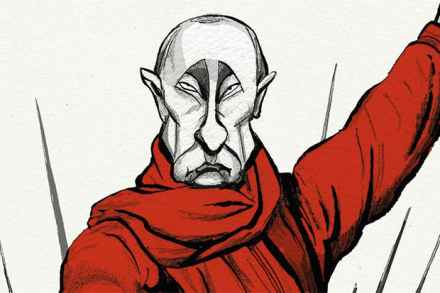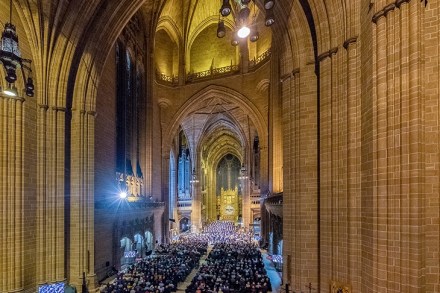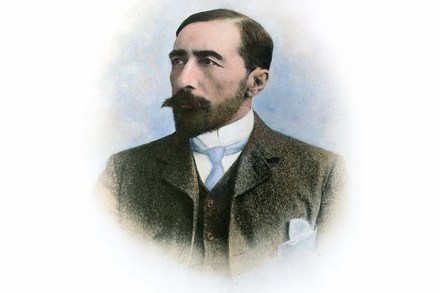How Putin reacts in a crisis
Despite its evident distaste for fair elections, the Kremlin is highly sensitive to public opinion — Vladimir Putin even has his own secret service polling agency, which he uses to weigh up policy decisions and gauge his popularity. The Kremlin combines these tools with state-of-the-art propaganda to promote Putin’s cult of personality, which naturally imposes on Russians his singular ability to protect them from internal and external enemies. Whenever Putin’s popularity is threatened, state media amplifies and heightens such narratives. We have seen that in the last couple of weeks, as Russia has been gripped by nationwide protests against corruption and in support of opposition leader, Alexei Navalny. With the
